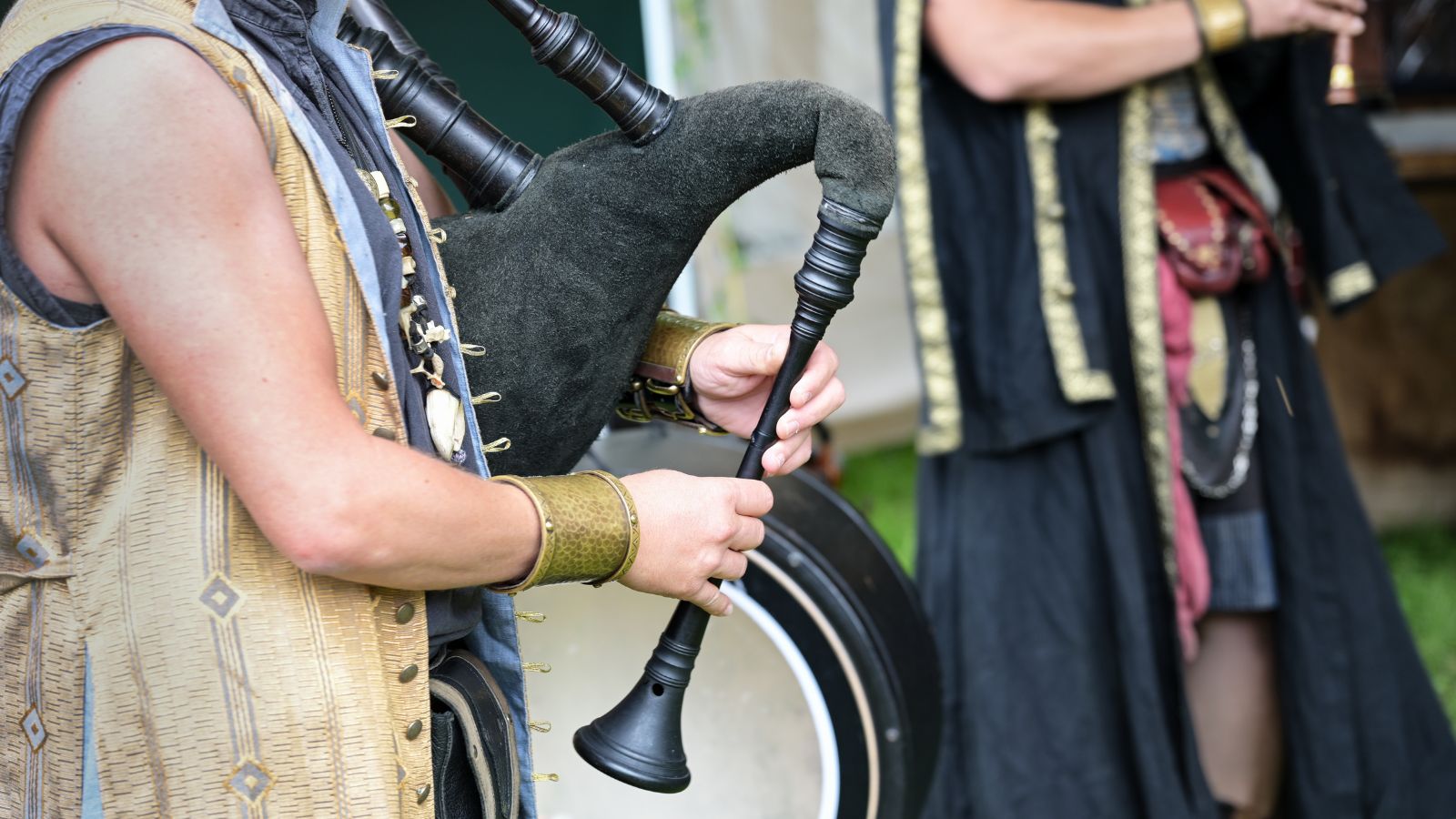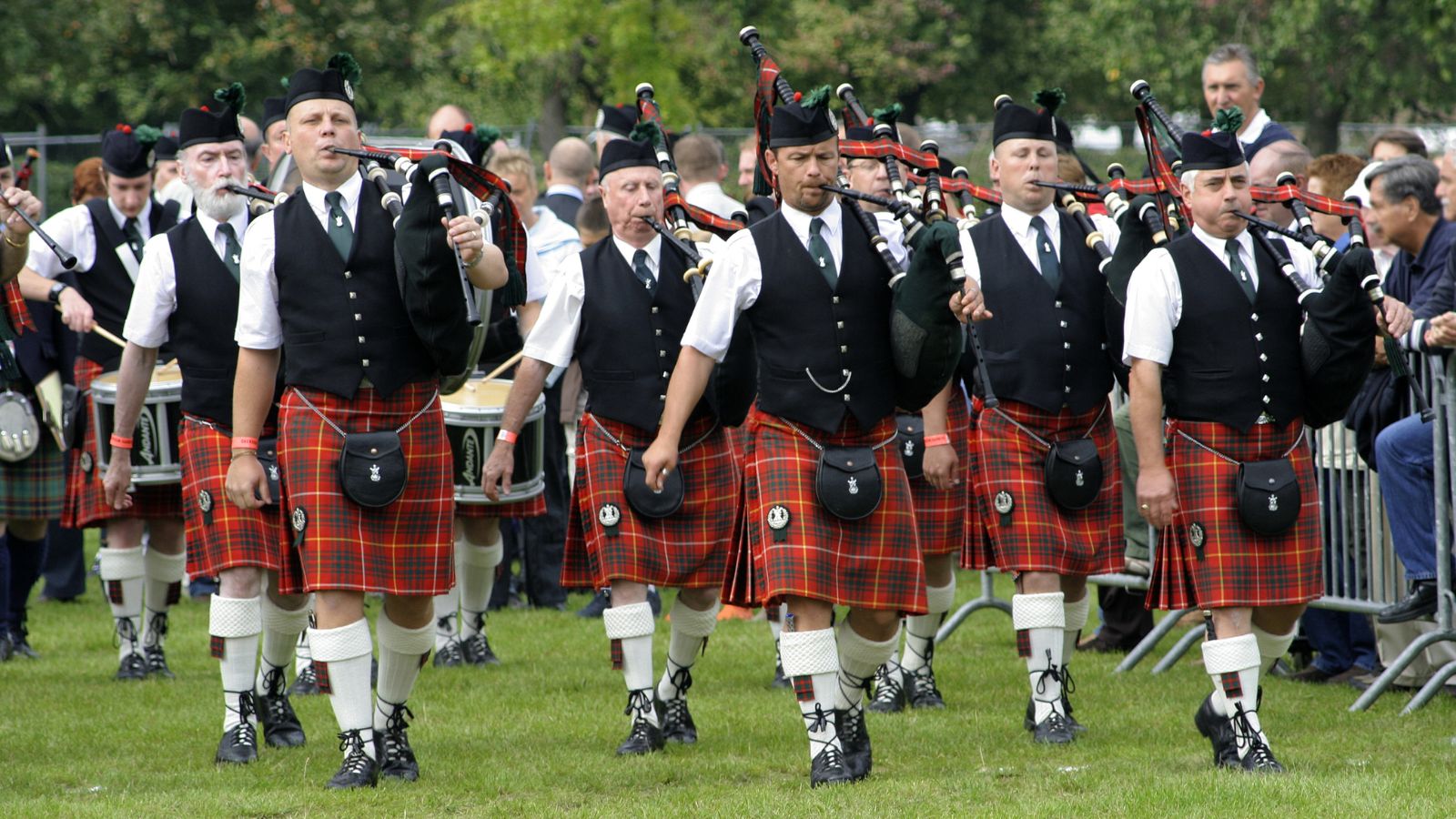Scotland and England may share a border, but there are plenty of cultural quirks that set them apart. As a result, some behaviors that English people bring north can really get on the nerves of Scots, especially when it comes to associating them with the English. If you don’t know what we mean, here is a list of things that Scots are begging the English to stop.
Calling All of Scotland “England”

As Paul Dourish emphasizes, referring to Scotland as part of England is a surefire way to annoy a Scot. The distinction between Scotland and England is a matter of national pride and identity. Ignoring this difference can come across as disrespectful or dismissive, leading to frustration and the occasional heated correction.
Mocking the Scottish Accent

While the Scottish accent is distinct and often admired, mocking it or trying to imitate it poorly can be offensive. It’s one thing to appreciate the accent, but exaggerated impressions often miss the mark and come off as patronizing. Scots value their unique dialect and prefer it to be respected.
Asking If They’re All Related to Braveheart

It’s true that the film “Braveheart” may be iconic, but not every Scot identifies with it, and they certainly don’t all claim to be related to William Wallace. Therefore, constant references to the film or its portrayal of Scottish history can feel tiresome; Scots would rather talk about their real history and culture.
Complaining About the Weather

Scotland’s weather is famously unpredictable, but it’s something Scots are used to. Therefore, complaining about the rain or cold can be grating, especially since it’s such a normal part of life there. There’s no denying that we Brits, including the Scots, love to talk about the weather, but try to be respectful when you do so.
Mispronouncing Place Names

It’s certainly true that Scottish place names can be tricky, but mispronouncing them without trying to learn the correct way can be frustrating for locals. Names like Edinburgh, Milngavie, or Strathclyde have specific pronunciations that Scots appreciate being respected. Taking a moment to get them right shows a genuine interest in the culture, so don’t be lazy.
Treating Haggis as a Joke

In Scotland, Haggis is a beloved traditional dish that many locals hold in high regard, so treating it as a joke or refusing to try it without understanding what it is can be seen as dismissive. Scots take pride in their culinary traditions, and respecting their food culture is always appreciated. Trust us–if you simply give it a taste for yourself, you’ll understand where they’re coming from.
Assuming Everyone Plays Bagpipes

While it might sound daft, some people genuinely assume that all Scots play the Bagpipes. Sure, they’re an iconic symbol of Scotland, but not every Scot plays them or even enjoys them. Assuming that every Scotsman can play a tune on the pipes is a stereotype that doesn’t reflect the diverse interests of the population. Appreciating the music is fine, but broad assumptions can irritate.
Asking if They Know “Nessie”

Loch Ness and its legendary monster are famous worldwide, but not every Scot has a story about Nessie. Therefore, asking every Scot about the Loch Ness Monster can come off as trivializing their culture. While the legend is a fun part of Scotland’s folklore, it’s not something everyone is deeply invested in.
Criticizing Scottish Independence

Discussions about Scottish independence are often deeply personal and political for many Scots, so it’s best not to criticize it to people who you don’t know. Criticizing or dismissing the movement without understanding the nuances can lead to heated debates, and many Scots are deeply passionate about their autonomy. As a result, outsiders weighing in without sensitivity can quickly wind them up and lead to uncomfortable conversations.
Wearing Kilts Incorrectly

Kilts are a significant part of Scottish heritage, so wearing them incorrectly or treating them as a costume can be offensive. Scots take pride in the tradition of the kilt, including how it’s worn and its cultural significance. If you do get an opportunity to wear a kilt, consult a Scot to make sure it’s appropriate and that you wear it properly.
Bringing Up the English Football Team

Just like in England, football is a beloved sport in Scotland, but constantly bringing up the English team, especially during tournaments, can be irritating. Scots, naturally, root for their own national teams and prefer not to hear endless comparisons to England, so respect their team loyalties to keep sports conversations friendly and enjoyable.
Misunderstanding “Scottish Time”

The concept of “Scottish time” refers to the more laid-back approach to punctuality and plans. However, it’s wrong to assume that all Scots run late all the time or don’t take schedules seriously. While there’s a relaxed attitude towards time, it’s not an excuse for tardiness, and most Scots value being on time.
Confusing Different Regions

Scotland has many diverse regions, each with its own distinct culture, traditions, and accents. Therefore, confusing the Highlands with the Lowlands, or assuming Glasgow and Edinburgh are the same, can irk locals who are proud of their specific heritage. Do your homework, and the Scots will no doubt be chuffed with your knowledge of their geography.
Asking If They Can Understand English

It’s a pretty ridiculous assumption to think that Scots might struggle with English because of their accent or dialect. In fact, this is both insulting and inaccurate because English is spoken fluently across Scotland. Therefore, questioning their ability to communicate in English comes off as dismissive and out of touch.
Making Sheep Jokes

Scotland’s countryside is home to many sheep, but constant jokes about it can get old quickly. While a bit of light-hearted banter is usually fine, overdoing it with sheep jokes can come off as tired and unoriginal. Save the jokes for the Welsh.
Treating Scotland as a “Part of England”

This one can’t be stressed enough—Scotland is its own country with its own government, traditions, and identity, and therefore, treating it as just another part of England dismisses centuries of history and culture. Recognizing Scotland’s distinct identity is crucial to building positive and respectful relationships with its people. Ignore this, and you’re bound to attract negative attention.

